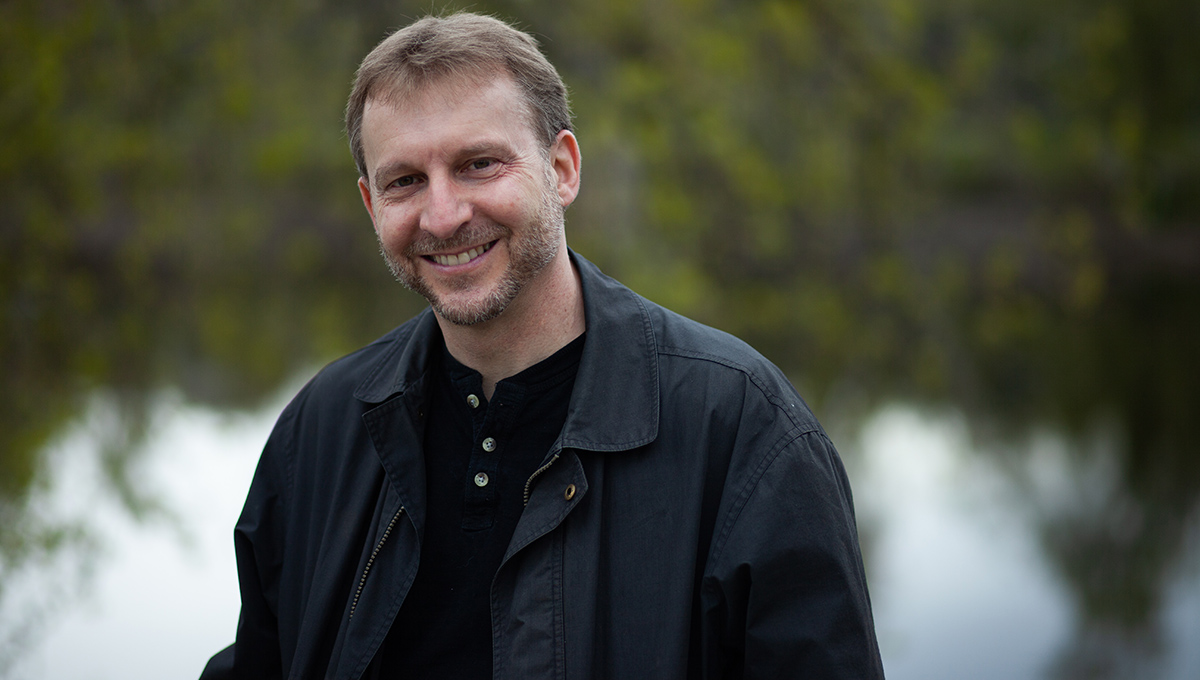Carleton Researcher Explores Links Between Solitude and Wellness During the Pandemic
Spending time alone is like exposure to direct sunlight. We all need some of it, but too much can be unhealthy — and everybody’s threshold is different.
Researchers call this the paradox of solitude, and it has become a key part of the conversation about mental health throughout the COVID-19 pandemic, when people are experiencing the extremes of both unwanted isolation and crowded households without enough personal space.

Prof. Robert Coplan
“There’s never been a more important time to study solitude and its implications,” says Carleton University Psychology Prof. Robert Coplan, a leading international expert whose work has received a surge of interest.
“Historically, solitude has a pretty bad reputation and is seen as the cause of a lot of problems. Loneliness is a mental health issue; it can lead to anxiety and depression and even impact physical health. It’s a real concern.”
“But you can’t paint all solitude with the same broad brush,” he continues. “It can also be good for us. It can help with self-understanding, serve as a context for restoration and promote creativity.
Read the full story here: Researcher Explores Links Between Solitude and Wellness During COVID (carleton.ca)